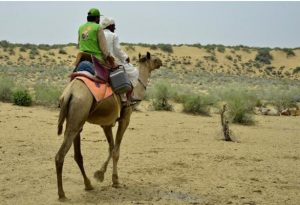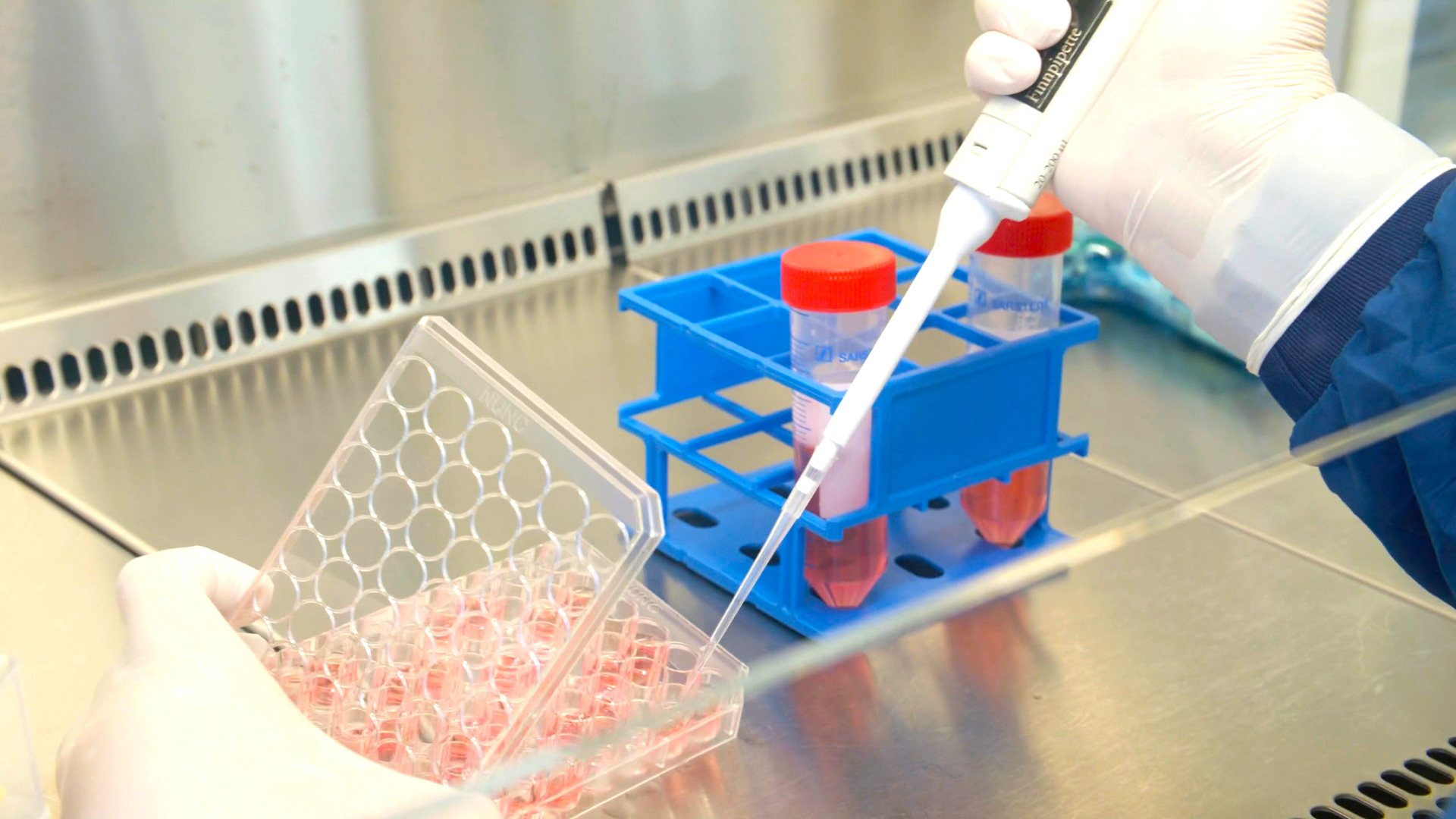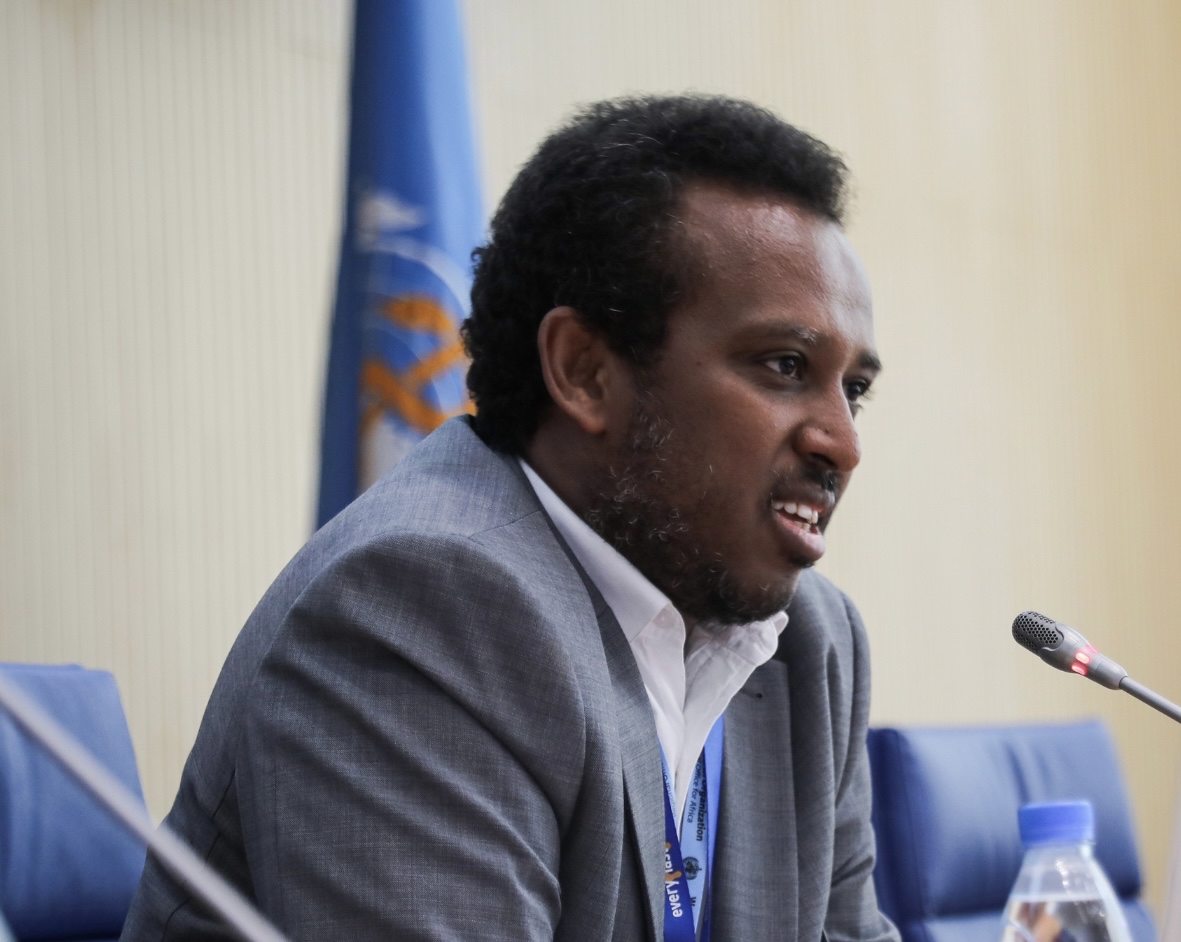
EOC Pakistan
In the shade of a tree in the remote village of Chandiya in Dera Ghazi Khan district of Punjab, a crowd of people wait their turn to receive medical treatment. Reaching children and their parents who all too often do not receive basic health care and water and sanitation services, these camps deliver polio vaccines to the children who most need them, alongside other important health services.
“This is a rare chance that a doctor is visiting our village to give us free check-up and medicines. It’s a blessing for us to services right at our neighbourhood,” said Sher Ali, a local standing in the crowd who had brought his child for vaccination.
This scene is not unique; across Pakistan, 1857 health camps have been set up by the Government of Pakistan with support from technical partners and donors. So far this year, 480 538 people have benefitted from the health services delivered at these camps, including 10 000 children under the age of five who have never previously received the oral polio vaccine. This has made health camps a vital tool in Pakistan’s push to identify and protect the children who have been missed by polio campaigns in recent years.
Dera Ghazi Khan borders several high risk areas for polio, including Balochistan, Sindh and Khyber Pakhtunkhwa. Therefore health camps like this one are essential for combatting the low immunization coverage, poor health services and misconceptions circulating among parents about oral polio vaccine, all of which leave many of the children of the district vulnerable to the virus.
Read the full story.



